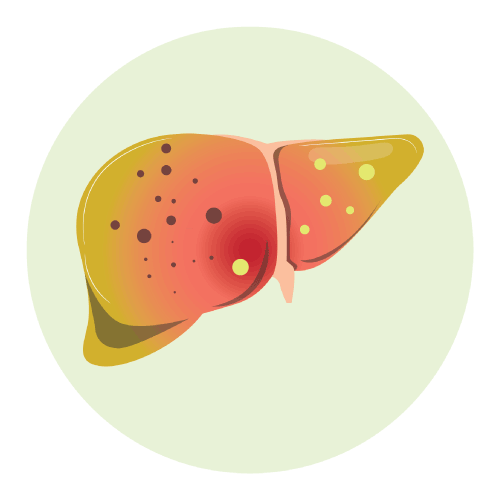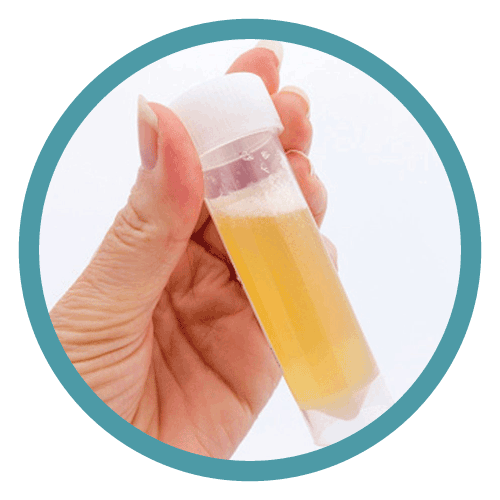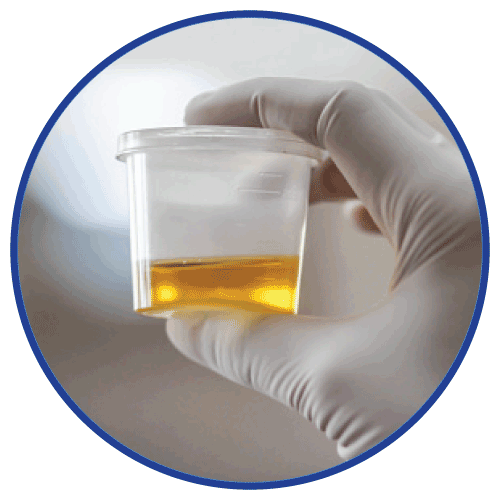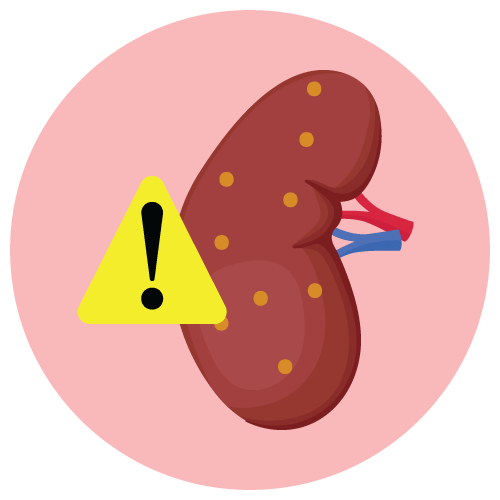Medicine details
| Image |  |
| Name | Verospiron |
| Dosage | Tablet |
| Generic Name | Spironolactone |
| Classes |
Cardiovascular Agent Diuretic |
| Diseases |
Cardiovascular Disease Edema Hyperaldosteronism Hypertension (High Blood Pressure) Hypokalemia (Low Potassium) |
| Company | Ambee Pharmaceuticals Ltd. |
Drug Package Details
| Strength | 25 mg |
| Storage Condition | |
| Origin Country | Bangladesh |
| Commercial Pack | 100 |
| Price per pack | ৳ 501.00 |
| Cost per pack | ৳ 440.88 |
| Package unit | 10 tabs strip |
| Price per unit | ৳ 5.01 |
| Cost per unit | ৳ 4.41 |
| Discount | 0 |
| Coupon | |
| Remarks |
Spironolactone
Spironolactone belongs to a class of drugs called Aldosterone Antagonists, Selective, Potassium-Sparing Diuretics.
Spironolactone is indicated in
- Congestive heart failure
- Hepatic cirrhosis with ascites and oedema
- Nephrotic syndrome (proteinuria)
- Primary hyperaldosteronism
- Essential hypertension
- Hypokalemia
- Edema in adults (congestive heart failure, hepatic cirrhosis, or nephrotic syndrome: A daily dose of 100 mg of Spironolactone, given in single or divided doses, is recommended as a starting point, but it can range from 25 to 200 mg per day. When a faster diuresis is required, combined therapy with additional diuretics is recommended.
- Primary hyperaldosteronism: Spironolactone may be given in doses of 100 to 400 mg daily in preparation for surgery when a diagnosis of hyperaldosteronism has been made. Spironolactone may be used for long-term maintenance therapy in patients who are deemed unsuitable for surgery at the lowest effective dosage calculated for each patient.
- Essential hypertension: Adults should start with a daily dose of 50 to 100 mg of Spironolactone, given in either single or divided doses.
- Hypokalemia: Adults should start with a daily dose of 50 to 100 mg of Spironolactone, given in either single or divided doses. Spironolactone, in doses ranging from 25 mg to 100 mg daily, is effective in treating hypokalemia caused by diuretics.
Side effects associated with the use of spironolactone include-
- Gynecomastia
- Asthenia
- Diarrhea
- Somnolence
- Headache
- Confusion
- Impotence
- Amenorrhea
- All patients receiving diuretic therapy should be observed for evidence of fluid or electrolyte imbalance, e.g., hypomagnesemia, hyponatremia, hypochloremic alkalosis, and hyperkalemia.
- Potassium supplementation, either in the form of medication or as a diet rich in potassium, should not ordinarily be given in association with Aldactone therapy.
- Hyperkalemia may be fatal. It is critical to monitor and manage serum potassium in patients with severe heart failure receiving Aldactone. Avoid using other potassium-sparing diuretics.
- Aldactone should be used with caution in patients with impaired hepatic function because minor alterations of fluid and electrolyte balance may precipitate hepatic coma.
- Lithium generally should not be given with diuretics
- Concomitant administration of potassium-sparing diuretics and ACE inhibitors or nonsteroidal anti-inflammatory
drugs (NSAIDs), e.g., indomethacin, has been associated with severe hyperkalemia. - If hyperkalemia is suspected (warning signs include paresthesia, muscle weakness, fatigue, flaccid paralysis of the extremities, bradycardia and shock), an electrocardiogram (ECG) should be obtained.
Contraindication
Contraindicated in patients hypersensitive to spironolactone.
Potassium rich foods or potassium supplements should not be taken along with spironolactone.
Spironolactone is contraindicated for patients with
- anuria
- acute renal insufficiency
- significant impairment of renal excretory function
- hyperkalemia












 Bangla
Bangla English
English